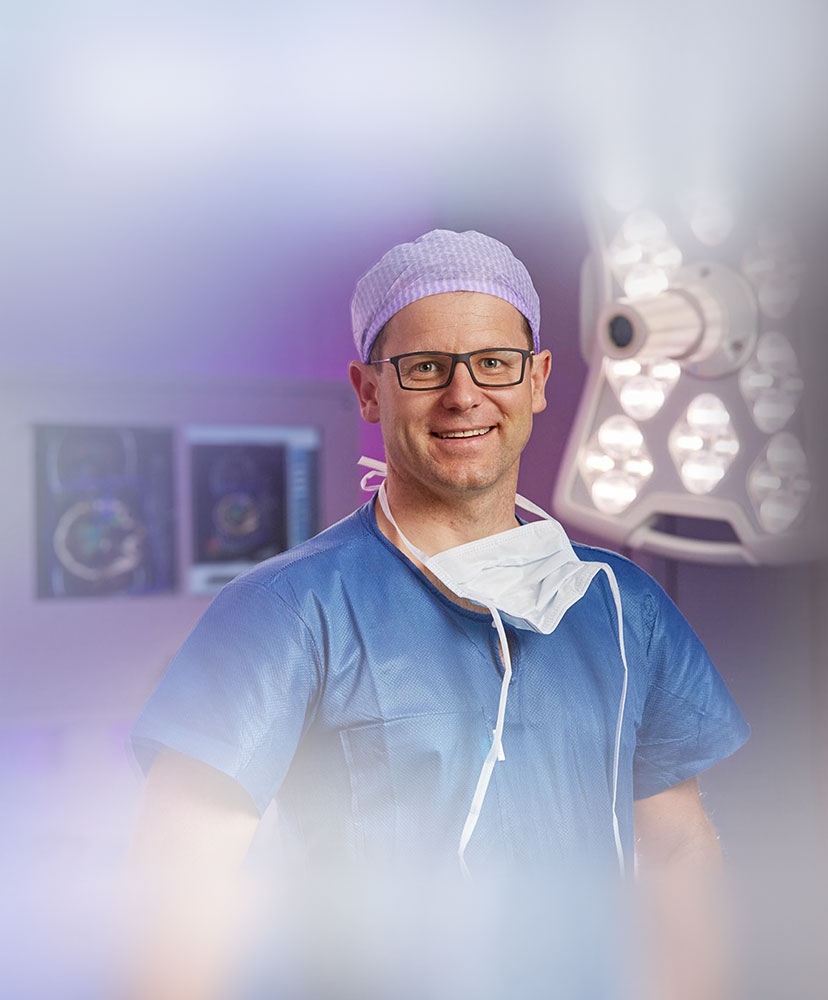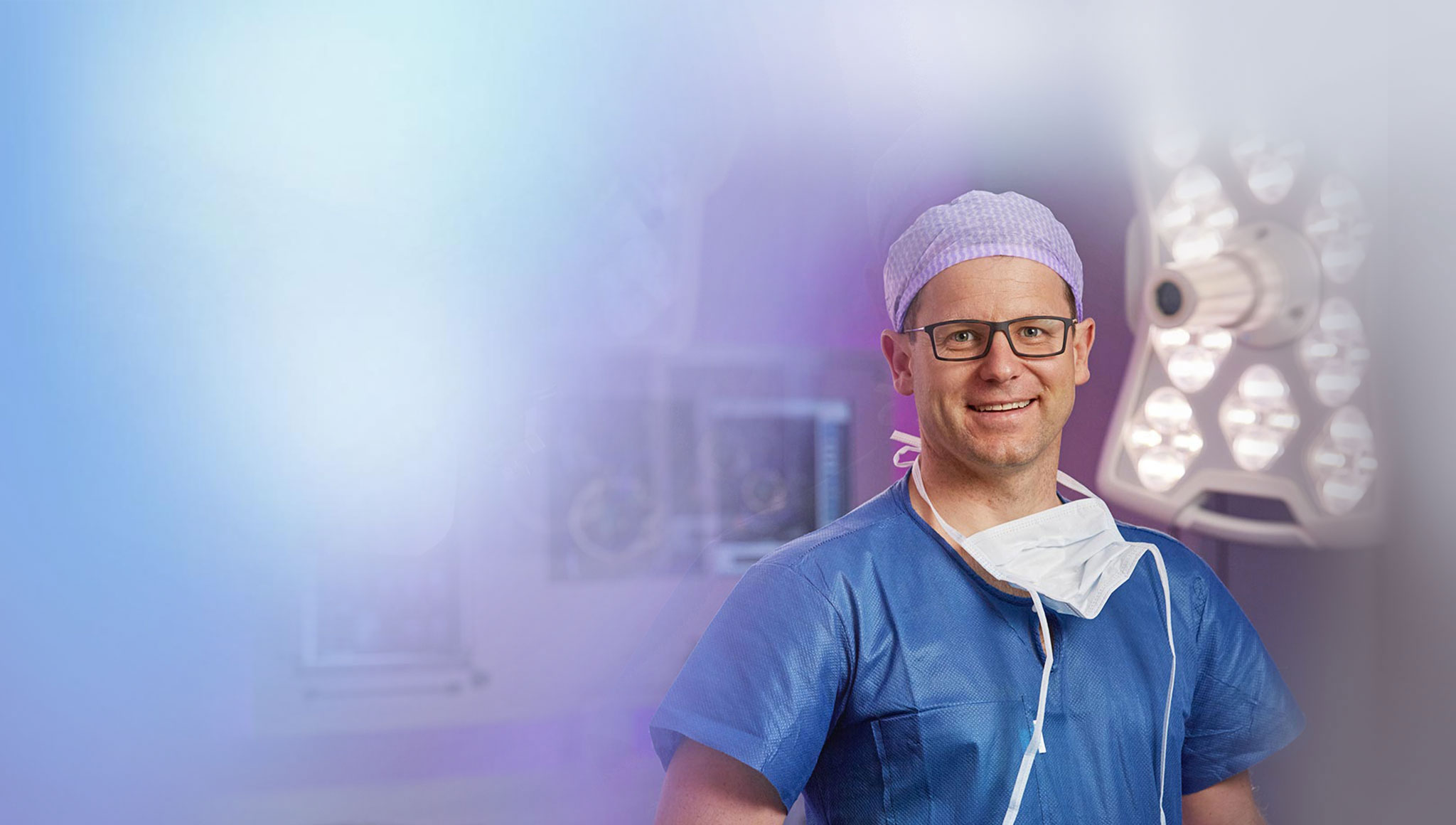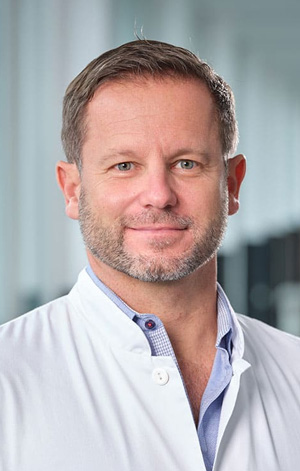

















Endomin – Centre for
Endoscopic and Minimally
Invasive Neurosurgery
Witellikerstrasse 40
CH-8032 Zürich
T +41 44 387 28 53
F +41 44 387 28 55
endomin@hin.ch
Opening hours Phone
09:00 – 11:30 Uhr
13:30 – 16:00 Uhr

Prof. Robert Reisch, PhD, MD
Specialist in Neurosurgery
E-Mail: robert.reisch@hirslanden.ch
Career and education: download/print
Prof. Robert Reisch, PhD, MD, was born in Budapest, Hungary in 1971. He studied at the renowned Semmelweis University and received his medical degree in 1996. He was awarded the prestigious distinction “Pro Scientia” by the President of the Hungarian Republic. During and after his studies, he worked as a researcher at the Institute of Anatomy with the Semmelweis University under the guidance of Dr Lajos Patonay. He underwent neurosurgical specialist training ... read more
Your Treatment Inquiry
Please specify your treatment inquiry here. Include images and any other important findings.
Or send us an e-mail: endomin@hin.ch
Your personal information is handled in a secure and confidential manner.
Endomin – Centre for
Endoscopic and Minimally
Invasive Neurosurgery
Witellikerstrasse 40
CH-8032 Zürich
T +41 44 387 28 53
F +41 44 387 28 55
endomin@hin.ch
Opening hours Phone
09:00 – 11:30 Uhr
13:30 – 16:00 Uhr
Specialist in Neurosurgery
E-Mail: robert.reisch@hirslanden.ch
Career and education: download/print
Prof. Robert Reisch, PhD, MD, was born in Budapest, Hungary in 1971. He studied at the renowned Semmelweis University and received his medical degree in 1996. He was awarded the prestigious distinction ... read more
Your request has been sent successfully! We will contact you as soon as possible.